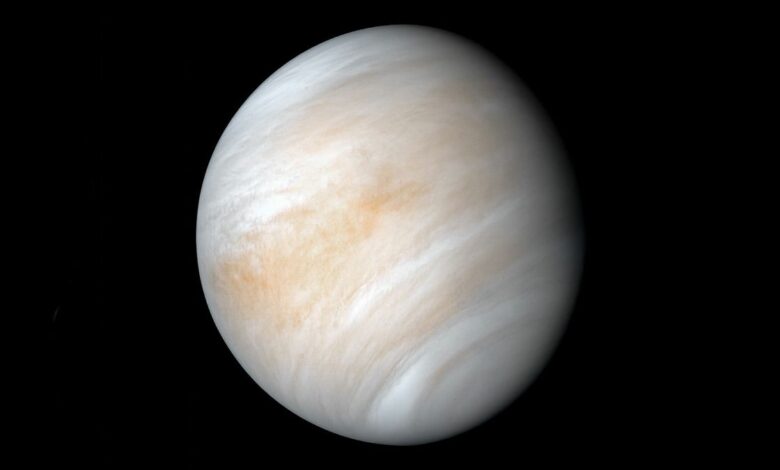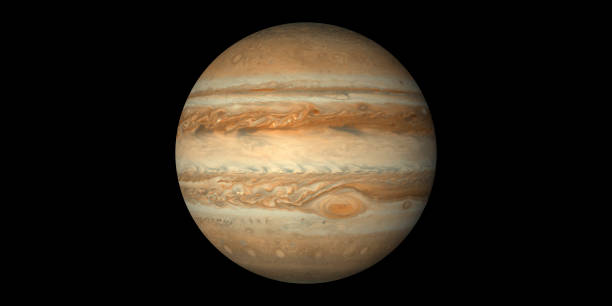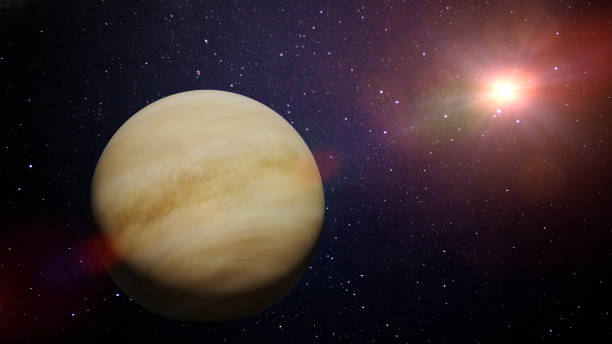
How to Uncover the Mysteries of Venus In 2023? Venus, the second planet from the Sun, has long captivated the imaginations of scientists and astronomers. With its thick atmosphere, scorching temperatures, and mysterious surface, Venus holds many secrets waiting to be uncovered. In recent years, there have been significant advancements in our understanding of Venus, thanks to the exploration missions and scientific research.
Introduction
Venus, often referred to as Earth’s “sister planet,” shares many similarities with our own planet. However, its extreme conditions make it a challenging environment to explore. Despite these obstacles, scientists have made significant progress in studying Venus, and recent missions have shed new light on its atmosphere, geological features, and the possibility of life.
Overview of Venus
Before we delve into the mysteries of Venus, let’s start with an overview of the planet itself. Venus is similar in size and composition to Earth, but its atmosphere is vastly different. It is composed mainly of carbon dioxide, with thick clouds of sulfuric acid that create a greenhouse effect, trapping heat and leading to surface temperatures exceeding 800 degrees Fahrenheit (427 degrees Celsius). The atmospheric pressure on Venus is about 92 times that of Earth, equivalent to being nearly one kilometer underwater on Earth.
Recent missions to Venus

In recent years, several space agencies have launched missions to study Venus up close. One notable mission is NASA’s Parker Solar Probe, which aims to explore the Sun’s outer atmosphere, known as the corona. Although its primary focus is the Sun, the Parker Solar Probe’s trajectory allows it to perform flybys of Venus, providing valuable data on the planet’s atmosphere and magnetic environment.
Another significant mission is the European Space Agency’s Venus Express, which operated from 2006 to 2014. Venus Express provided valuable insights into the planet’s atmosphere, capturing detailed images and measuring its composition, temperature, and cloud dynamics.
Read More; Exploring the World of Local Performers In 2023
Studying Venus’ Atmosphere

Venus’ atmosphere is a subject of great interest for scientists. The thick cloud cover and the extreme temperatures pose unique challenges for studying its composition and dynamics. However, advancements in remote sensing technology and spacecraft instrumentation have enabled scientists to collect valuable data.
One of the primary goals of studying Venus’ atmosphere is to understand the runaway greenhouse effect that has turned it into a hostile environment. By analyzing the composition and behavior of Venus’ atmosphere, scientists hope to gain insights into the long-term climate evolution of Earth and the potential impacts of greenhouse gas emissions.
Uncovering the geological mysteries of Venus
While Venus’ atmosphere has received considerable attention, the planet’s surface remains a mystery. The thick clouds prevent direct observation, but radar mapping has provided detailed images of the surface. These images reveal a landscape dominated by volcanic features, including large shield volcanoes, lava flows, and impact craters.
One of the most intriguing geological mysteries of Venus is the presence of so-called “coronae” – circular to elliptical features that are believed to be the result of mantle plumes. These features are similar to Earth’s volcanic hotspots, such as the Hawaiian Islands. Studying the coronae can provide insights into the planet’s internal dynamics and its volcanic history.
Possibility of life on Venus
Despite Venus’ inhospitable conditions, scientists have speculated about the possibility of life existing in the planet’s clouds. Recent discoveries of phosphine gas, a potential biosignature, in the atmosphere of Venus have sparked renewed interest in this question. While the origin of phosphine on Venus is still under debate, further missions and research are planned to investigate this intriguing possibility.
Understanding the potential for life on Venus has implications for our understanding of the broader concept of habitability in the universe. By studying extreme environments like Venus, scientists can gain insights into the conditions necessary for life to thrive and the potential for habitable worlds beyond Earth.
Future missions to Venus

As we move forward into 2023, exciting new missions to Venus are on the horizon. NASA has announced the selection of two missions, VERITAS and DAVINCI+, as part of its Discovery Program. VERITAS will map Venus’ surface and sub-surface using synthetic aperture radar, providing unprecedented detail of the planet’s geological features. DAVINCI+ will descend through Venus’ atmosphere, collecting data on its composition and investigating the possibility of active volcanism.
These upcoming missions hold the promise of uncovering even more mysteries of Venus and revolutionizing our understanding of the planet. The data and insights gained from these missions will contribute to our broader understanding of planetary processes, the potential for habitability, and the search for life beyond Earth.
Conclusion
In 2023, our quest to uncover the mysteries of Venus continues with renewed vigor. Through recent missions and scientific research, we have made significant strides in understanding Venus’ atmosphere, geology, and the potential for life. The upcoming missions VERITAS and DAVINCI+ hold the promise of shedding even more light on this enigmatic planet. As we explore and study Venus, we expand our knowledge of the universe and our place within it.
FAQ
Are there any plans for human missions to Venus in the future?
While there are currently no concrete plans for human missions to Venus, the ongoing robotic missions provide valuable data and insights that will inform future exploration efforts.
Can we live on Venus?
Venus’ extreme conditions make it highly inhospitable for human life. The surface temperatures are hot enough to melt lead, and the atmospheric pressure is crushing. However, the possibility of life existing in Venus’ clouds is an area of ongoing research.
What is the significance of studying Venus?
Studying Venus helps us understand the processes that shape terrestrial planets and provides insights into the long-term climate evolution of Earth. It also contributes to our understanding of habitability in extreme environments and the search for life beyond Earth.
How long does it take to reach Venus?
The travel time to Venus depends on the trajectory and propulsion system of the spacecraft. On average, a spacecraft can take anywhere from several months to over a year to reach Venus.
Can we see Venus from Earth?
Yes, Venus is often visible from Earth as one of the brightest objects in the night sky. It can be seen with the naked eye and is often referred to as the “Evening Star” or “Morning Star,” depending on its position relative to the Sun.












2 Comments